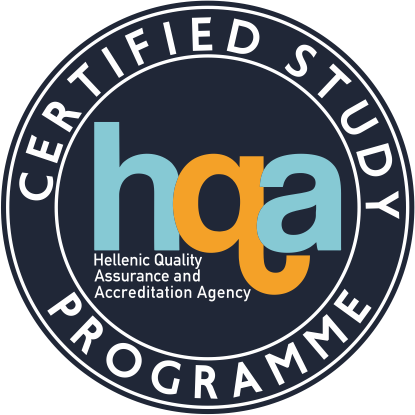| School |
Natural Sciences |
Academic Unit
|
Geology Department |
Level of Studies
|
Undergraduate |
Course Code
|
GEO_825E |
| Εξάμηνο σπουδών |
8ο |
Course Title
|
Introduction to Exploration and Mining Geology |
Independent Teaching Activities
|
Theory lectures, Tutorial, lab exercises and field work |
Weekly Teaching Hours
|
2 lect./1 lab/1 T |
| Credits |
5 |
Course Type
|
Scientific area and skills development |
Prerequisite Courses
|
Geophysics, Tectonics, Geodynamics, Geological Mapping, Energy Sources and Raw Materials, Coal Geology, Ore Geology |
Language of Instruction & Examinations
|
Greek |
Is the Course offered to Erasmus Students
|
Yes in English |
| Course Web-Page (URL) |
https://eclass.upatras.gr/courses/GEO348/ |
Learning Outcomes
|
The course is a selection one and is an introduction in the field of Exploration and Mining Geology, with significant elements of Economic Geology.
The Teaching goals include:
- Acquiring Knowledge of the “best practices”in the mining industry within a global context, in relation to the profession of the Exploration Geologist and Mining Geologist; to comprehend the available tools and systems used to evaluate in terms of financial viability and to develop deposits, as well as the Standards of Health & Safety required in the field and on minesites.
- Analysis of the main methods of field exploration and application of modern techniques in the fields of geochemistry, geophysics, and petrology, as well as the 3D modeling techniques and software regarding the spatial and quality features of the deposits.
- Ability in organising and executing geological exploration in the field, as well as the ability for initial evaluation and synthesis of collected data in order to provide input in the scoping and pre-feasibility studies, taking into consideration aspects of sustainable mining.
|
General Competences
|
- Search, analyze and synthesizedataand information,using thenecessary technologies
- Adaption to new circumstances / conditions
- Independent work
- Group work
- Work in international environment
- Work in multidisciplinary environment
- Respect of diversity and multiculturalism
- Respect of natural environment
- Demonstration of social, professional and moral responsibility and gender sensitivity
- Exercise of criticism and self-criticism
- Promote free, creative and inductive thinking
|
| Syllabus |
- The role of Exploration Geologist & Mining Geologist
- Stages of Mining Exploration: from Reconnaissance to Feasibility Study
- Methods and Techniques of field exploration
- Principles of Project Geology
- Principles of Mining Geology
- Evaluation and Reporting of Recourses and Reserves
- Economic Geology Principles
- Health & Safety and Community Responsibility in the Field and Minesites
|
| Delivery |
Direct face to face lectures in class and field. |
Use of Information & Communication Technology
|
- Usage of IT (power point, pdf) and blackboard. Lab exercises on maps and drilling
- Support of tutoring through e-class platform.
|
Teaching Methods
|
| Activity |
Semester workload |
| Theory Lectures |
2 x 13=26 |
| Tutorial lectures and exercises |
1 x 13=13 |
| Practical Lab Courses |
1 x 13=13 |
| Field work exercises and writing of reports |
38 |
| Group paper-report |
25 |
| Autonomous study |
35 |
| Total number of hours for the Course |
150 |
|
Student Performance Evaluation
|
Α. Written final exam test (70%) that includes:
- Multiple choice questions
- Question of short answers
- Synthesis of short essays
- Understanding and interpreting metallogenic maps and sections
- Understanding and interpreting of geophysical logs
- Planning exploration
- Solving problems of Economic Geology nature.
Β. Oral exam on Practical issues (20%) that includes:
- Interpretation of geological maps and geophysical logs
- Core logging
- Planning of certain exploration stages
Γ. Group Presentation of working paper (10%)
- Team Oral presentation of a subject within Economic Geology area..
- Evaluation criteria:
- Students have the opportunity of self-evaluation with material provided to them through e-class.
|
Attached Bibliography
|
- Moon, C.L., Whateley, M.E.G. and Evans, A.M., 2006. Introduction to Mineral Exploration. Blackwell, 499 p.
- Robb, L., 2004. Introduction to ore-forming processes. ISBN: 978-0-632-06378-9, Wiley-Blackwell, 384 p.
- Journals Economic Geology Journal http://www.segweb.org/
|





